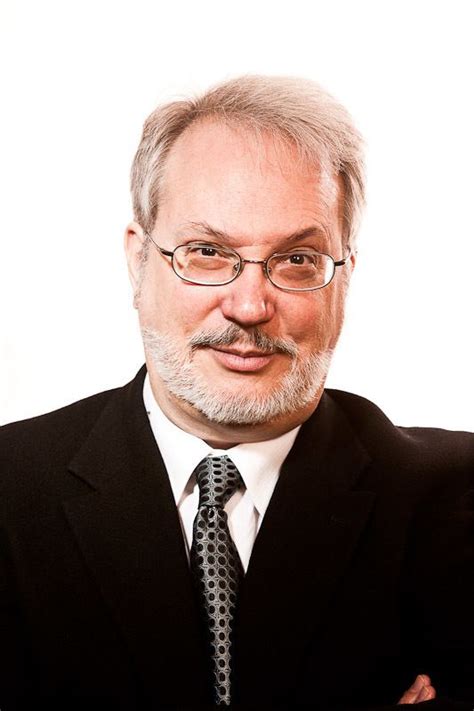A Quote by Alasdair MacIntyre
The hypothesis I wish to advance is thatthe language of morality is ingrave disorder.... What we possess, if this is true, are the fragments of a conceptual scheme, parts of which now lack those contexts from which their significance derived. We possess indeed simulacra of morality, we continue to use many of the key expressions. But we have--very largely if not entirely--lost our comprehension, both theoretical and practical, of morality.
Related Quotes
My version of relativism is pluralistic and attributes functions to morality that in combination with human nature place limits on what could count as a true morality. Unlike many other relativists, I do not hold that people are subject to a morality because they all belong to a certain group. That is, I don't hold that being a member of a group makes one's subject to some set of generally accepted norms. What is true is that others around us teach us morality and moral language, so they inevitably influence us.
What little recognition the idea of obligation to the public obtains in modern morality, is derived from Greek and Roman sources, not from Christian; as, even in the morality of private life, whatever exists of magnanimity, high-mindeness, personal dignity, even the sense of honour, is derived from the purely human, not the religious part of our education, and never could have grown out of a standard of ethics in which the only worth, professedly recognized, is that of obedience.
The relations between parents and children are certainly not only those of constraint. There is spontaneous mutual affection, which from the first prompts the child to acts of generosity and even of self-sacrifice, to very touching demonstrations which are in no way prescribed. And here no doubt is the starting point for that morality of good which we shall see developing alongside of the morality of right or duty, and which in some persons completely replaces it.
The whole meaning of morality is a rule that we ought to obey whether we like it or not. If so, then the idea of creating a morality we like better is incoherent. Moreover, it would seem that until we had created our new morality, we would have no standard by which to criticize God. Since we have not yet created one, the standard by which we judge Him must be the very standard that He gave us. If it is good enough to judge Him by, then why do we need a new one?







































